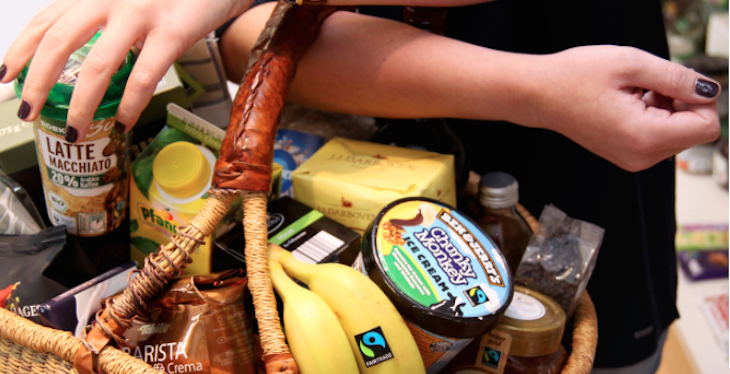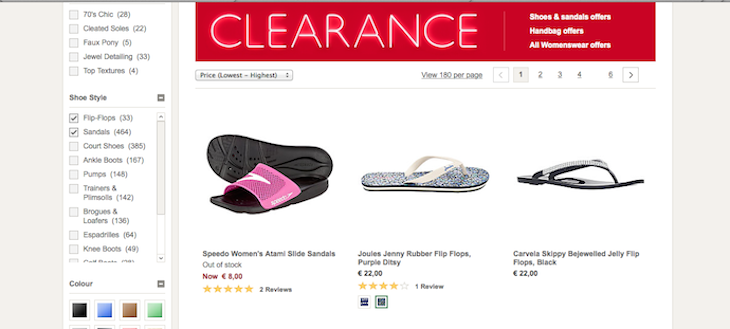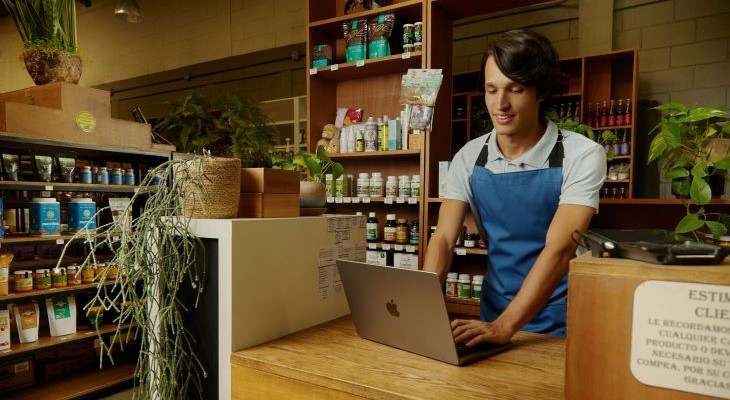The turnover of fair trade products worldwide in 2014 amounted to 5.9 billion euros, with an increase of 10% over the previous year, and 105 million euros were spent for social emancipation and improvement of the production capacity of organisations. The figures come from “Global Change, Local leadership”, the new Annual Report of Fairtrade International activities, the lead organization of the international fair trade circuit. In Italy, retail sales reached 90 million euros (+18%), but the growth involved all the major markets, with the exception of the UK, -4%, but with sales in excess of two billion pounds.
Also growing was the Fairtrade Premium, i.e. the added profit margin that producers receive and invest in production improvement and social projects, which reached 105 million euros, +14% over the previous year.
Good performance for cotton and cocoa, gold takes off
Double-digit growth, thanks to the Fairtrade raw material procurement programmes, was recorded for cotton (+28%) and cocoa (+24%). In addition, with the new business opportunities addressed to goldsmiths, certified gold volumes more than doubled (+259%).
Good news also for farmers. According to a survey conducted in the organisations, 93% are satisfied with the support services received from Fairtrade. The survey, conducted by the independent certification body FLO-Cert, also found that the impact that the system has on workers and farmers is evaluated by the latter with a score of 9/10. The survey also highlighted the need for producers to increase sales, and first and foremost to develop the local market in the countries of origin of the raw materials. As happened in 2015 in Brazil, which has become the fourth producer country where it is possible to buy 0 km Fairtrade coffee and honey, after Kenya, India and South Africa.
The report also highlights the importance of the services that the circuit provides to organisations to strengthen their business. In 2014, thanks to the Fairtrade Access Fund, loans of 11.1 million euros were provided to small producers, with related training and support activities.
Despite this, the living conditions of many farmers around the world are still a real challenge. “The problems they face are the legacy of hundreds of centuries of marginalisation and exploitation – explains Harriet Lamb, CEO of Fairtrade International – . Fairtrade helps to reduce the rich-poor gap, and to change the global food system that exploits people and the planet. But today, false solutions are no longer enough, and the real change will take place when the voices of small farmers will be heard at the highest levels of government and industry, and starting from these decisions will be taken”.
Meanwhile, new horizons are also opening up: at the end of the year, the new climate change Standard will be launched, which will give rural communities the possibility to access the CO2 credit market.








